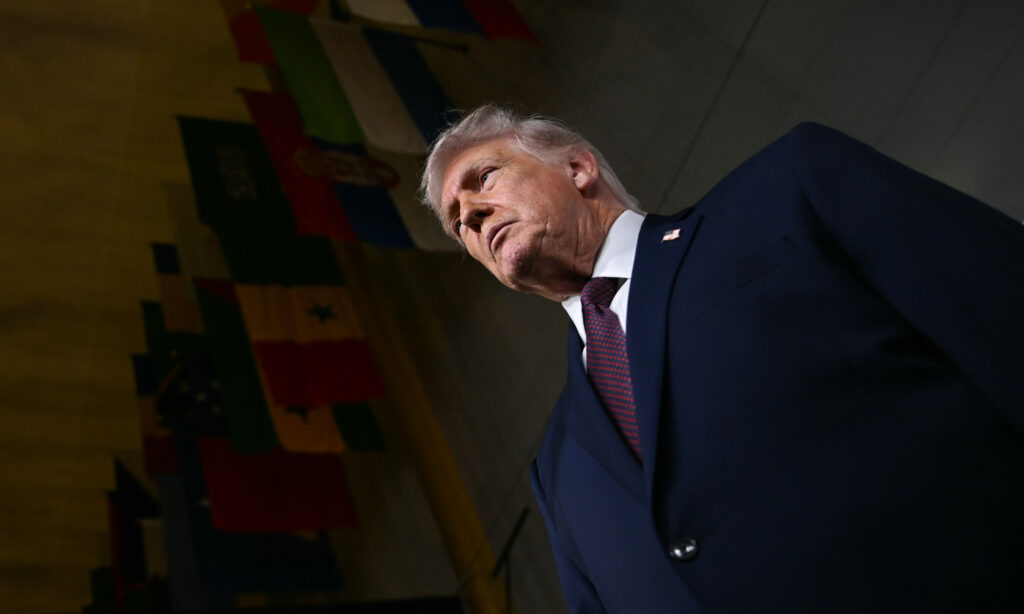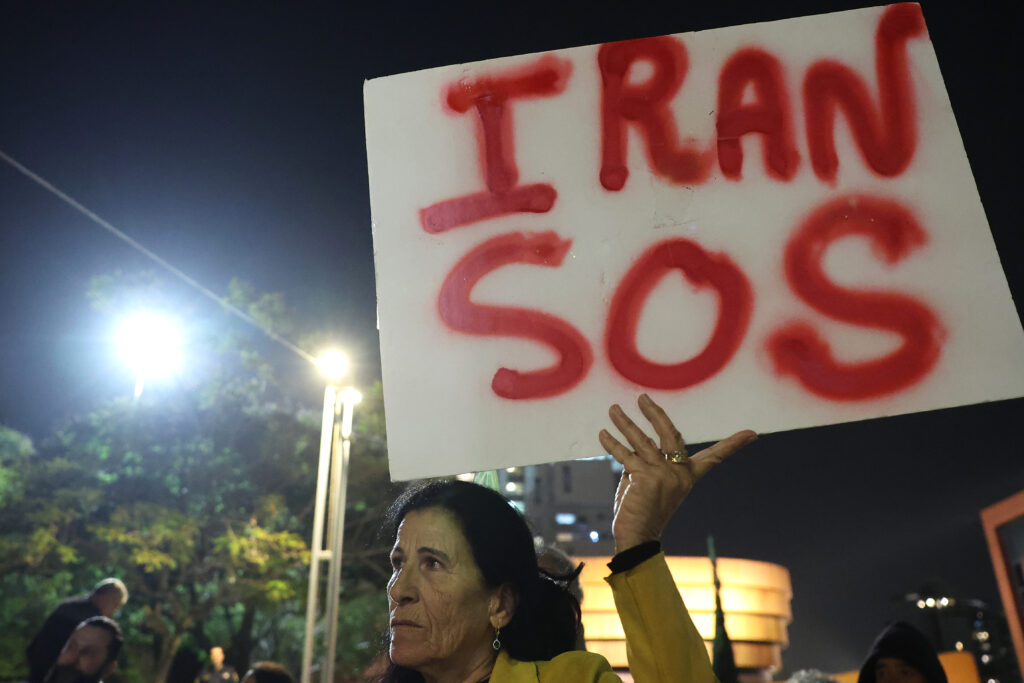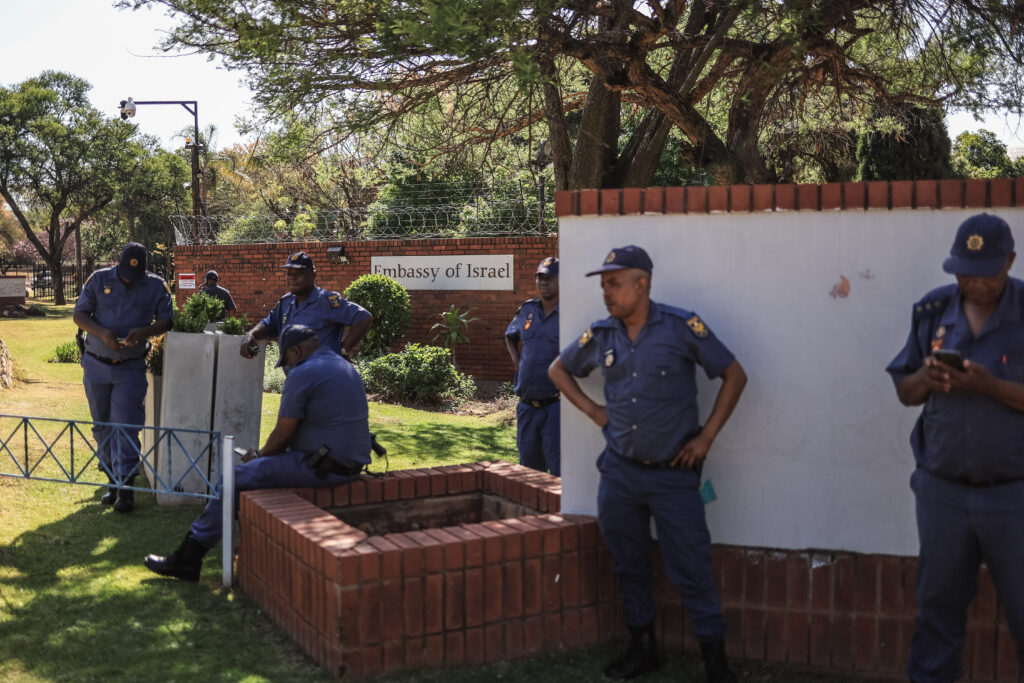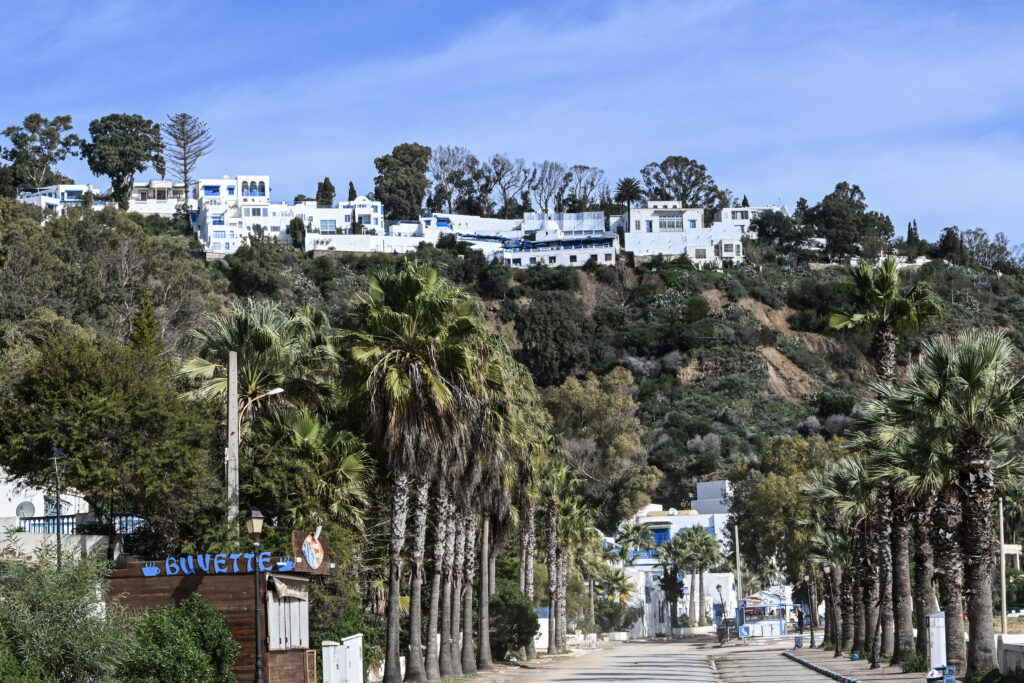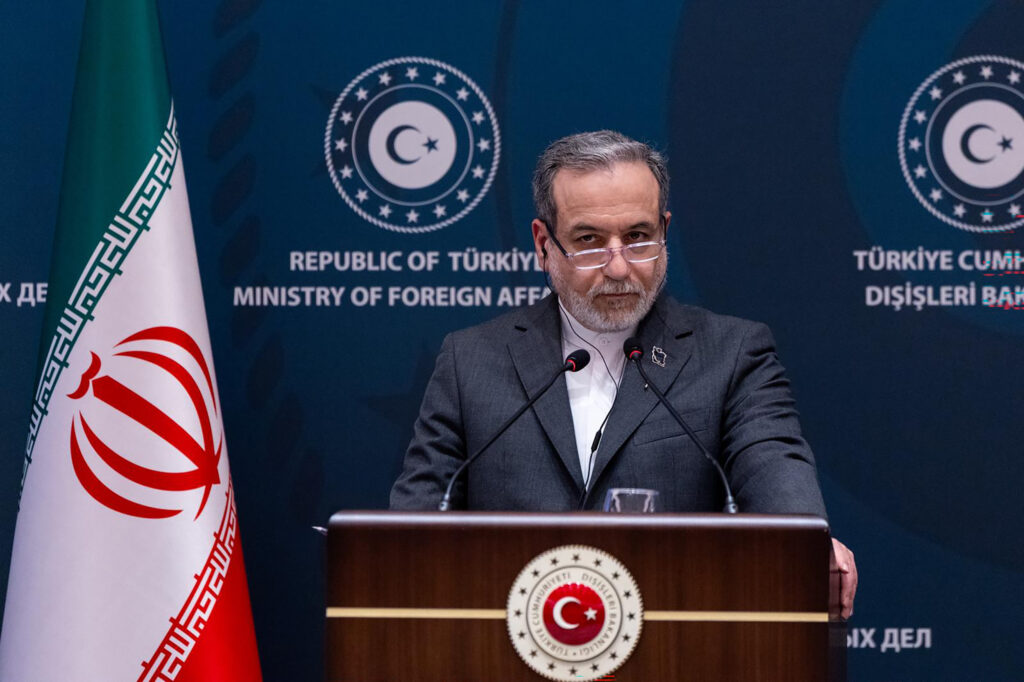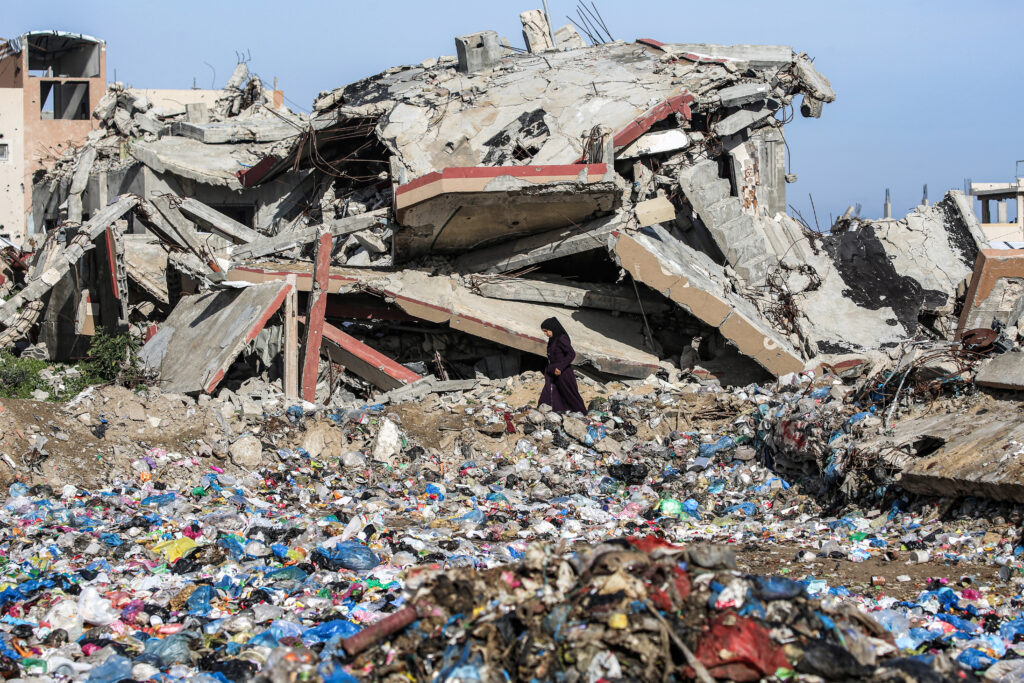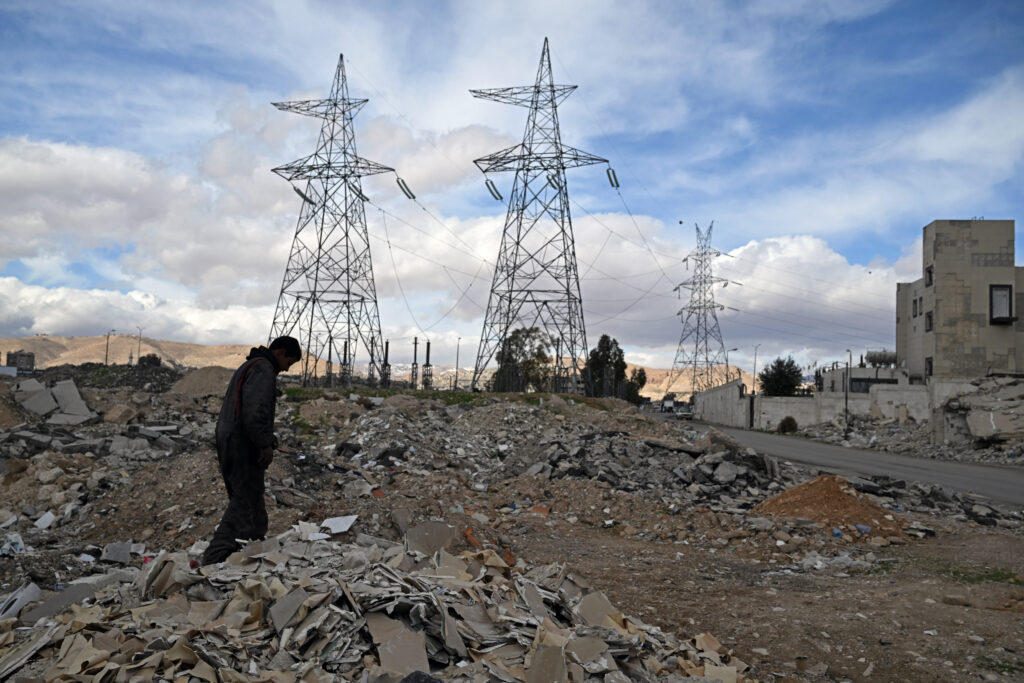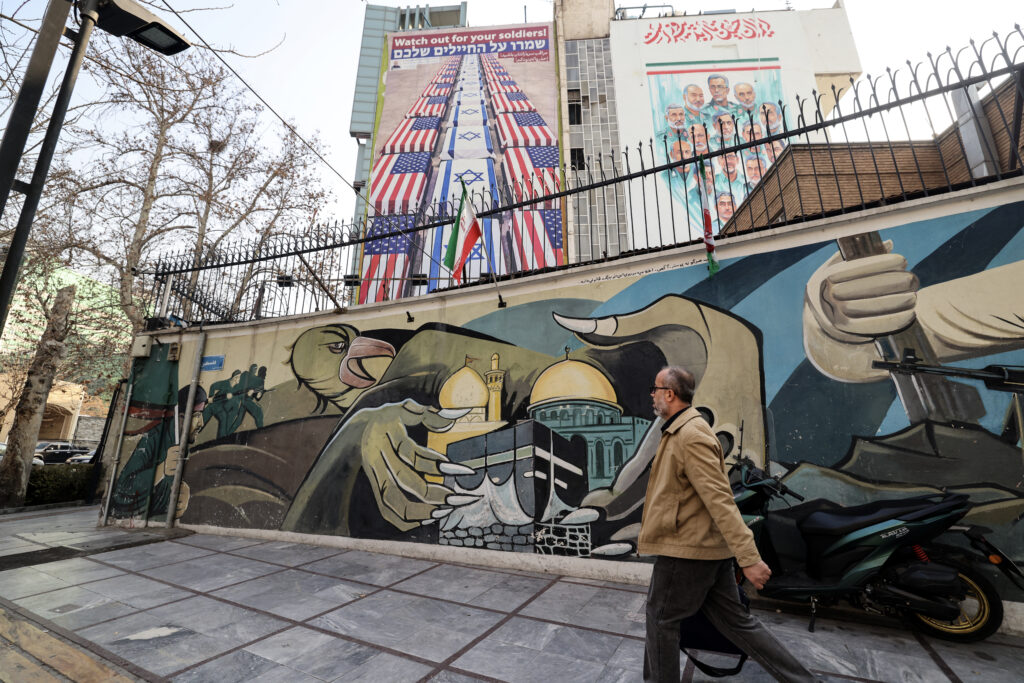How far will he go? Trump’s options for US action against Iran
US President Donald Trump has threatened military action against Iran over its crackdown on protesters, while still for now appearing to leave the door open for negotiations over the Islamic republic’s controversial nuclear programme.But should Trump, after weeks of American threats and counter-threats from Tehran, finally decide to order military action after already sending a US aircraft carrier to the region, he faces another dilemma over what form the intervention should take.Such action could replicate American strikes during Israel’s June war against the Islamic republic, enforce economic strangulation by targeting the energy sector or amount to a bid to replace the theocratic system under supreme leader Ayatollah Ali Khamenei.- Venezuela economic pressure scenarioTrump’s relatively cautious stance so far has sparked speculation he could target Iranian energy infrastructure and squeeze its oil exports, mimicking a strategy Washington used over Venezuela.This policy earlier this month led to the capture of Venezuelan leader Nicolas Maduro, with Trump then working with the remnants of his former administration.The US naval group in Middle East waters could look to block “dark fleet vessels” carrying Iranian oil and put pressure on Iran’s oil exports, said Farzan Sabet, managing researcher of the Sanctions and Sustainable Peace Hub at the Geneva Graduate Institute.”And that pressure can be gradual, similar to what we saw in Venezuela. It could play out over days, weeks, months, it’s hard to foresee, but possibly longer,” he said, while acknowledging that Trump was playing “his cards very close to his chest”.The naval group, repeatedly described as an “armada” by Trump, consists of the aircraft carrier USS Abraham Lincoln and its more than 80 aircraft, as well as its escort of three destroyers, equipped with anti-missile capabilities and Tomahawk cruise missiles.- Strikes on military and IRGC targetsIf Trump decides on a course of military action, prime targets would be bases of the Islamic Revolutionary Guards Corps (IRGC) and its youth militia, the Basij, which are accused by rights groups of taking a frontline role in the deadly crackdown on the protests that according to rights groups left thousands dead. Using Tomahawk missiles and combat aircraft, the United States could strike positions of the Basij and the IRGC forces, “particularly those forces that participated and continue to participate in targeting Iranian protesters”, said independent military researcher Eva J. Koulouriotis.She said US intelligence, helped by Israel’s Mossad spy agency, has “a clear picture” of those forces and their location nationwide. “Such a strike would serve as a direct warning to the Iranian regime,” she said.During its June war against Tehran, Israel showed its deep intelligence penetration of the Islamic republic by killing senior security officials including the IRGC’s chief and the armed forces chief of staff in targeted strikes based on location intelligence.In a “harsh but measured strike”, the United States could target “operations command and senior officers involved in mass killings carried out by the Iranian regime”, she said.- Massive strikes and regime change bid -Iran’s theocratic system has been in place since the 1979 revolution led by Ayatollah Ruhollah Khomeini that ousted the largely pro-Western shah.Relations with the United States were cut in the wake of the hostage siege of the US embassy in Tehran that began that year and have remained severed ever since.Under Khomeini, the revolution survived the war with Iraq in the 1980s. Since Khamenei took over in 1989, he has managed to keep the system in place despite economic sanctions and repeated protests.As well as the so-called “armada”, Washington already has a heavy deployment of military resources in the region with dozens of aircraft deployed at the air bases of Al Udeid in Qatar and Al Dhafra in the United Arab Emirates.”The American objective is to destabilise the regime,” said David Khalfa, co-founder of the Atlantic Middle East Forum (AMEF) think-tank.”So there is really a strategy that will aim to paralyse it, to disrupt the chain of command” marked by the physical “elimination” of Khamenei, his close advisors and senior IRGC generals, he added.But he said: “The regime is still relatively solid and resilient, it will not be an easy task”, especially as “the Guards have anticipated this scenario”.Sabet said it would appear for now that Washington “would prefer something limited, where they can continue the process of weakening the system while minimising the Islamic republic’s desire — and to some extent its ability, but mostly its desire –- to carry out larger-scale retaliation”.
